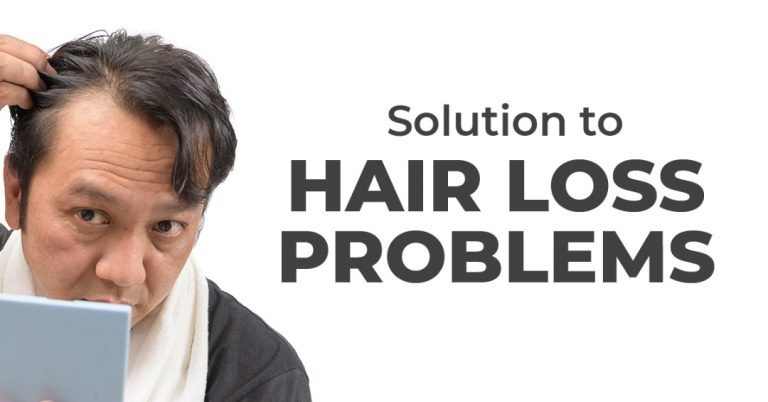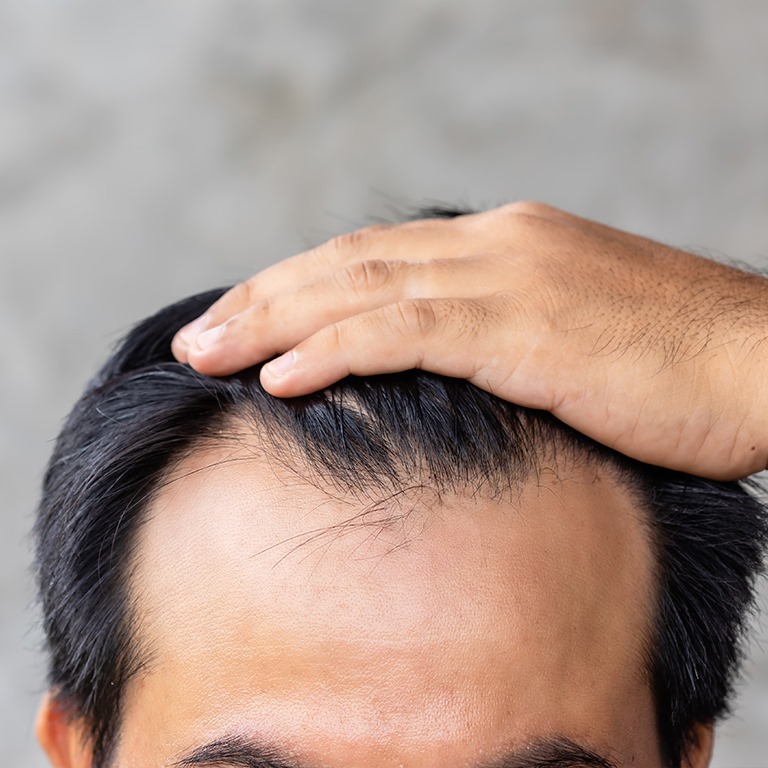
Hair loss is a widespread issue that affects both men and women, leading to thinning hair, bald patches, and receding hairlines. While hair loss can be distressing, it also carries significant emotional and psychological impacts. Many individuals experience a drop in self-esteem and confidence due to the visible changes in their appearance. Fortunately, there are effective hair treatments available that can help combat hair thinning and restore hair health.
Understanding Hair Treatments
Hair treatments are designed to address the underlying causes of hair loss and promote hair growth. These treatments benefit individuals suffering from hair loss due to various factors, including genetics, stress, hormonal changes, and lifestyle habits. Finding the right hair growth treatments is essential for effectively addressing hair loss and preventing further damage.
Causes of Hair Loss
Genetic Factors
One of the most common causes of hair loss is genetics. Male and female pattern baldness, also known as androgenetic alopecia, is often hereditary. It can result in gradual hair thinning, receding hairlines in men, and thinning at the crown in women.
Hormonal Changes
Hormonal imbalances can also trigger hair loss, particularly in women. Conditions like postpartum hair loss, menopause, and thyroid issues can cause significant hair shedding. Understanding these hormonal triggers is essential for choosing the right hair loss solutions.
Lifestyle and Environmental Factors
Stress, poor hair care habits, lack of proper nutrition, and excessive heat styling can all contribute to hair thinning. When combined with environmental pollutants, these factors can weaken hair follicles, making it difficult for healthy hair to grow.
Types of Hair Growth Treatments
Topical Solutions
Many individuals turn to hair treatments like serums and shampoos that contain growth-promoting ingredients, such as minoxidil or biotin. These topical solutions can help stimulate hair follicles and improve scalp health, encouraging hair regrowth over time.
Non-Invasive Therapies
For those looking for non-invasive options, treatments such as low-level laser therapy (LLLT) or scalp microneedling can be highly effective. LLLT stimulates hair follicles by increasing blood flow to the scalp, while microneedling promotes collagen production. These therapies are often less risky and less costly than other hair loss treatments, making them an attractive choice for many.
Injectable Solutions
Another popular option for hair loss is hair mesotherapy, where a combination of vitamins, minerals, and peptides is injected directly into the scalp. These nutrients help nourish hair follicles, improve scalp health, and stimulate hair growth. This method is particularly effective for individuals in the early stages of hair thinning.
Surgical Solutions
For individuals with more advanced hair loss, hair transplant surgery offers a permanent solution. The procedure involves transferring hair follicles from one part of the scalp to another. While it’s highly effective, hair transplants can be expensive and require a longer recovery time. Additionally, there are risks associated with surgery, such as infection or scarring, which should be carefully considered.
Choosing the Right Hair Treatment
It’s essential to consult with a hair specialist before committing to any treatment. A specialist will conduct a thorough analysis of your scalp and hair condition to recommend the best hair loss solutions tailored to your needs. Sometimes, combining treatments—such as using topical solutions alongside non-invasive therapies—can yield the best results. However, overdoing treatments without expert guidance may lead to further hair damage.
Discover more hair treatments to treat your hair loss problems!
With a variety of hair growth treatments available, individuals suffering from hair thinning and hair loss have several options to explore. From topical solutions to non-invasive therapies, injectable treatments, and even surgical options, there is a treatment for every stage of hair loss. However, it is crucial to consult with a hair specialist to ensure the best course of action. Doing too much of a good thing can also backfire, so it’s always best to get professional advice to prevent over-treatment.
Ready to treat your hair loss problem? Contact our hair specialists or visit us at any of our available hair growth centres in Malaysia!
Like this post? Please spread the word 🙂


